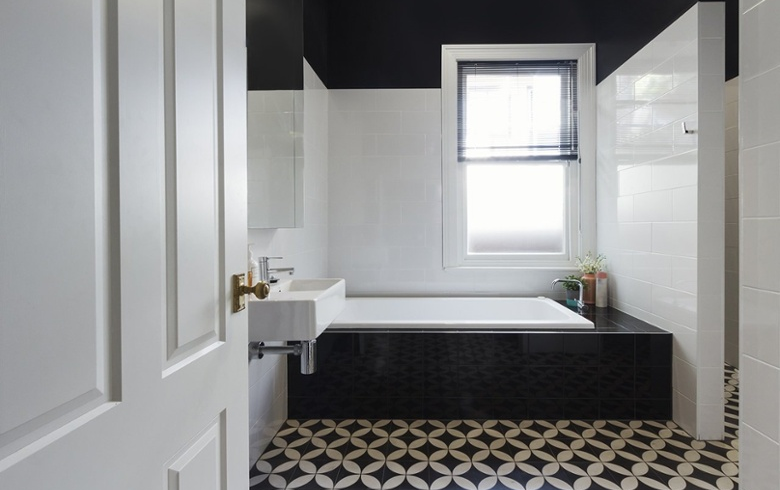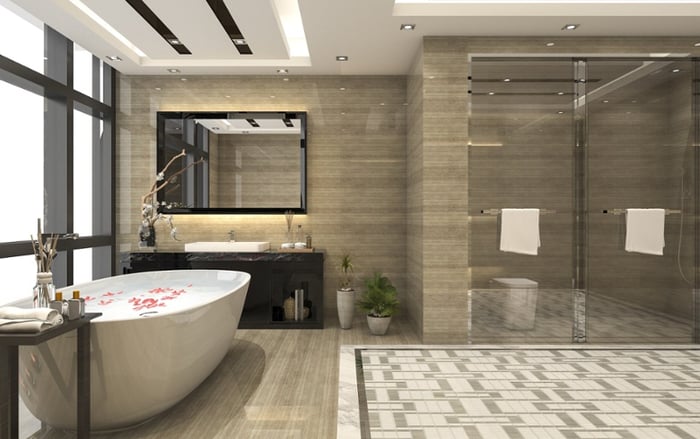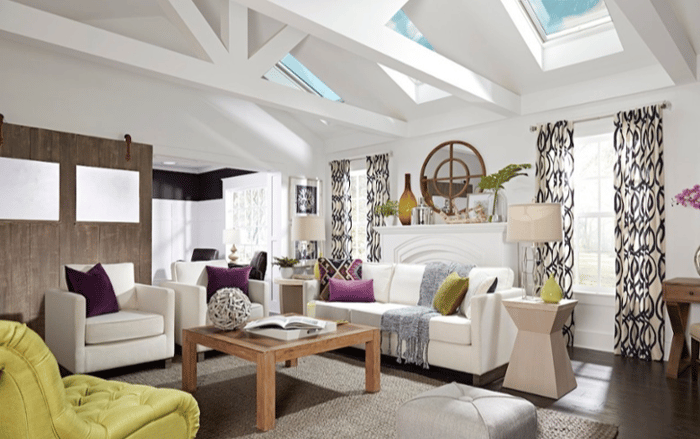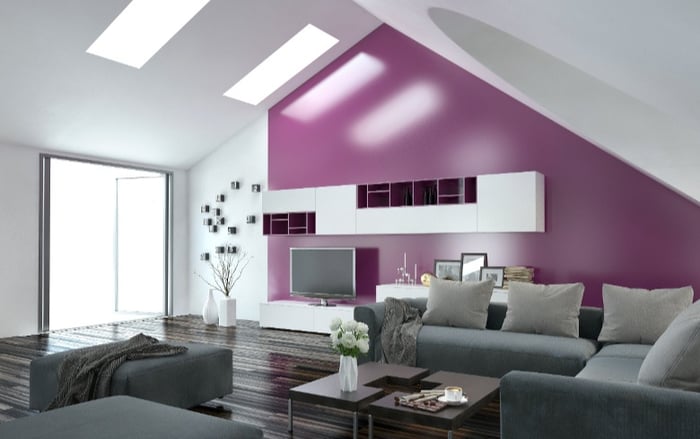
Have you thought much about the light that surrounds you? Chances are, probably not.
Overall, people tend to take light for granted. Today, with automatic lights, lights that clap on and off, LEDs, bright neons, solar-powered bulbs, and many, many more, light is something that's always there. But that hasn't always been the case. In fact, not until the 20th century with the growth of affordable electricity did light become so widely and readily available.
And while you may not be paying too much attention to your light sources, your body is with your circadian rhythm.
You & Your Circadian Rhythm
Each of us has a circadian rhythm, an internal clock running in the background of our brain that cycles between sleepiness and alertness at regular intervals. If you've noticed yourself feeling energized or drowsy around the same times each day, that's your circadian rhythm at work.
Most adults will experience a dip in energy between 2-4 a.m., when they're fast asleep, and between 1-3 p.m. when they'd like a post-lunch nap. If you're all caught up on sleep, you won't feel the dips and rises of your circadian rhythm as strongly as when sleep-deprived.
The portion of your brain that controls your circadian rhythm is called the hypothalamus, and outside factors can impact it. One of the most significant factors to affect your rhythm is daylight. When it's dark out, our eyes send a signal to the hypothalamus that it's time to feel tired; our brains then signal the body to release melatonin, which helps us sleep. Similarly, light exposure early in the morning helps reinforce the waking part of the cycle.
Research has come to show that early-in-the-day light exposure can help stimulate alertness all throughout the day. And a study recently conducted at the University of Colorado in Boulder designed to investigate the influence of exposure to natural light on sleep and circadian rhythms found its participants had more aligned and similar sleep-wake cycles after a week using only natural lighting.
How a Skylight in the Bathroom Can Benefit You
So the science is there: sunlight is an integral part of a strong routine of sleep hygiene, a set of habits and behaviors to help you improve sleep. And limiting exposure to artificial light at night while getting regular doses of sunlight in the morning are two big ways to help protect sleep and circadian function.
You can get a daily dose of morning sunlight and limit your exposure to artificial light at night by installing a skylight in your bathroom!
Think about it: the first room we generally go to upon waking is the bathroom. A well-placed skylight can provide just the right amount of morning light to wake you gently while jump-starting your day. And if you opt for a Velux Sun Tunnel Skylight in your bathroom, you not only get your morning daylight but, with its many handy accessories, you can also control the amount of light you're exposed to before bed.
Sleep better and have more energetic days by installing your very own bathroom skylight. To find an installer and get started on your daylighting project, click here.
VELUX Skylight Systems
Reimagine Your Home With Natural Light and Fresh Air

BATHROOM
6 Bathroom Trends You Need to Know All About
Six up and coming bathroom trends for when you're ready to remodel.
Keep Reading
SKYLIGHT INNOVATIONS
Why Skylights Are Key To Living Green
Improve the eco-efficiency of your home with skylights.
Keep Reading
LIVING ROOM
Enhance Your Living Room Colors with Light
Don't forget to consider how light affects paint color before you start repainting or redecorating y...
Keep Reading